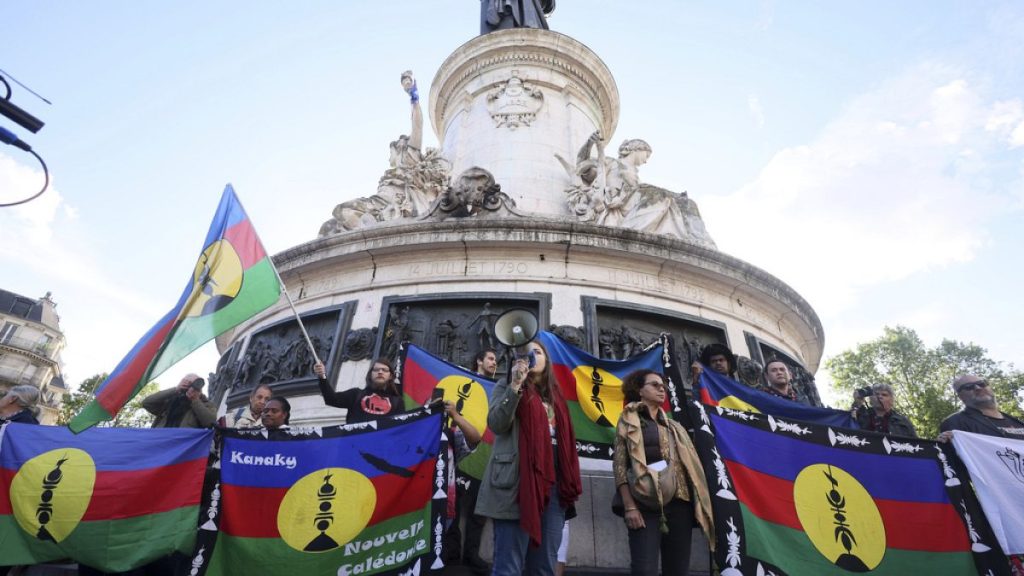France has accused Azerbaijan of meddling in its Pacific territory, New Caledonia, by supporting independence movements and spreading disinformation. The recent unrest in New Caledonia was triggered by an electoral law seen as discriminatory towards the indigenous Kanak population. France’s Interior Minister, Gérald Darmanin, has accused Azerbaijan, along with China and Russia, of interfering in New Caledonia’s internal affairs. Azerbaijan has denied these allegations, stating no connection with the independence movements in New Caledonia.
Tensions between France and Azerbaijan go beyond New Caledonia, as France has historically been an ally of Azerbaijan’s rival, Armenia. France openly supported Armenia during its conflicts with Azerbaijan, resulting in military agreements and equipment supplies. France has accused Azerbaijan of engaging in disinformation campaigns to destabilize its territories, with social media accounts spreading misleading content about French police actions in New Caledonia. These actions led to France recalling its ambassador to Azerbaijan in April, expressing regret and seeking clarification from Azerbaijan.
Azerbaijan’s involvement in New Caledonia aligns with its strategy of challenging the French colonial legacy and supporting separatist movements. By backing anti-colonial sentiments, Azerbaijan aims to position itself as a champion of liberation movements and discredit France on the global stage. This is part of a broader geopolitical maneuvering, including efforts to damage France’s reputation, such as an alleged disinformation campaign against France’s ability to host the Olympic Games. In response, the French Sports Minister cancelled the Olympic flame’s journey through New Caledonia, reflecting the severity of the situation and accusations of foreign interference.
The involvement of Azerbaijan in New Caledonia’s unrest has roots in broader geopolitical rivalries and historical grievances. For Azerbaijan, supporting independence movements in French territories is a way to retaliate against France for its support of Armenia and enhance its international standing. On the other hand, France sees these actions as a direct challenge to its sovereignty and stability in overseas territories, leading to strong accusations and heightened tensions between Paris and Baku. Despite Azerbaijan’s denial of involvement, the situation remains complex with both countries standing firm on their positions.
The accusations of Azerbaijan meddling in New Caledonia highlight a complex interplay of historical, political, and diplomatic tensions. The allegations of interference, along with France’s alignment with Armenia in past conflicts, have fueled animosity between the two countries. Azerbaijan’s alleged support for independence movements in French territories poses a challenge to France’s authority and sovereignty, prompting a strong response from the French government. The broader repercussions of these tensions include disinformation campaigns and security concerns, impacting international relations between Paris and Baku.
The accusations of Azerbaijan’s involvement in New Caledonia have sparked a deeper examination of the geopolitical dynamics at play. The interactions between France and Azerbaijan reveal an intricate web of historical rivalries, support for opposing factions, and efforts to challenge colonial legacies. As the situation unfolds, it will be crucial for both countries to engage in dialogue and diplomacy to address the underlying issues and prevent further escalation. The complexity of these tensions underscores the need for careful navigation and strategic decision-making to maintain stability and cooperation in the region.













